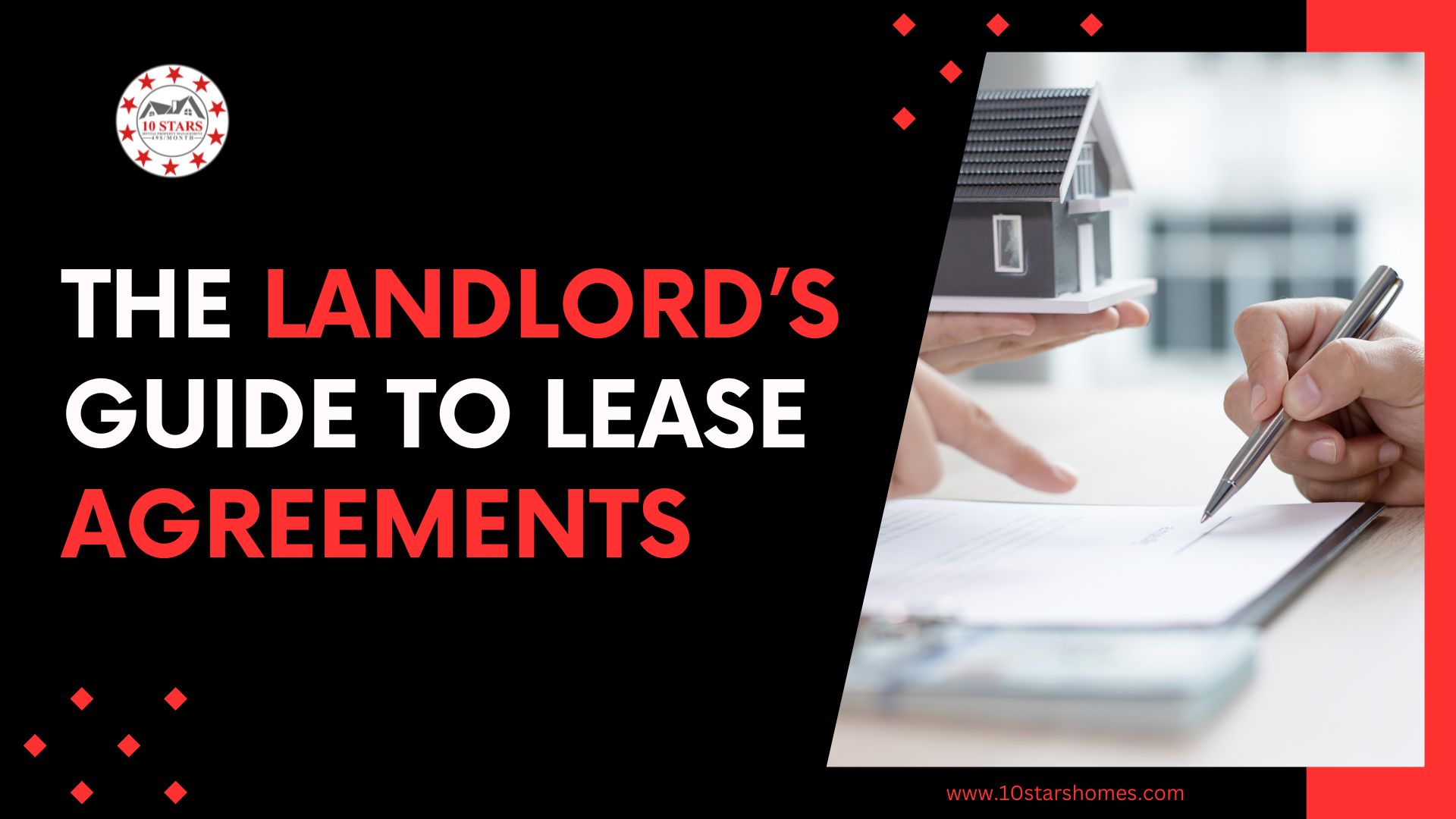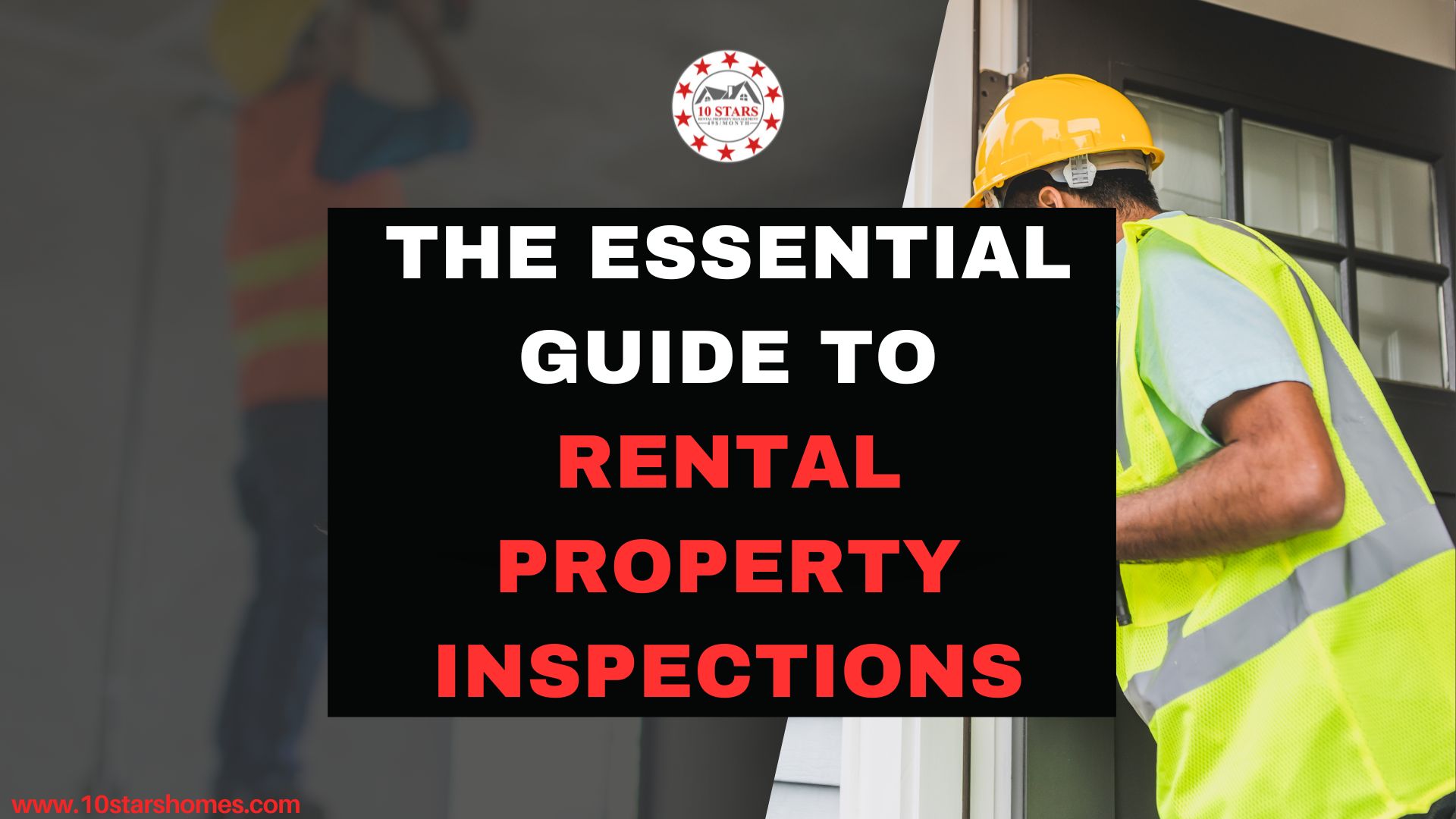Should You Hire a Property Manager? Pros and Cons of Delegating Your Real Estate Investment Responsibilities
Real estate investing may be a fruitful endeavor that provides large financial rewards and long-term stability. The responsibilities included with the advantages, however, can be a lot for property owners to manage. Dealing with renters, upkeep, paperwork, and other parts of property management can take up a lot of time and effort. This is if a property manager’s role gets significant. We are going to analyze the pros and cons of hiring a property manager in this blog post to help you determine if delegating your real estate putting responsibilities is the best course of action for you.
The Role of a Property Manager
Considering a property manager’s duties in real estate management is important before looking into the benefits and disadvantages of hiring someone. A property manager’s main duty is to serve as an interface between tenants and landlords. They are frequently responsible for selecting tenants, keeping leases, collecting rent, managing maintenance and repairs, and addressing tenant issues and complaints.
Pros of Hiring a Property Manager
Time and Stress Savings
One of the most significant advantages of hiring a property manager is the time and stress it saves property owners. Managing a property involves numerous tasks, such as marketing, tenant screening, rent collection, and handling emergencies. By outsourcing these responsibilities to a property manager, property owners can focus on other aspects of their life or business.
Tenant Screening and Rent Collection
A skilled property manager will have a rigorous tenant screening process, ensuring that you get reliable and responsible tenants. Additionally, they will handle rent collection promptly and effectively, reducing the chances of late or missed payments.
Property Maintenance and Repairs
Property managers have a network of trusted contractors and maintenance personnel who can handle repairs and maintenance efficiently. This ensures that your property is well-maintained, and tenant satisfaction is high.
Legal Compliance and Paperwork
Laws and rules regulating real estate can be complicated and active. A property manager is familiar with these rules while making sure that all paperwork, especially leases, and agreements, complies with state and local regulations.
Reduced Vacancy Rates
An experienced property manager will have effective marketing strategies to minimize vacancy periods. They can quickly advertise and showcase your property to potential tenants, reducing the time it takes to fill vacant units.
Cons of Hiring a Property Manager
Cost
Hiring a property manager comes at a cost, typically ranging from 8% to 12% of the monthly rental income. While this expense can be justified by the time and effort saved, it still impacts the property owner’s overall profitability.
Lack of Control
Passing up some control over regular management decisions when you delegate tasks to a property manager. While this may be a relief for some property owners, others might discover it challenging to release control.
Finding the Right Property Manager
Not all property managers are created equal, and finding a reputable and trustworthy one can be challenging. Hiring the wrong property manager can lead to mismanagement, increased vacancies, and tenant dissatisfaction.
Personal Connection with Tenants
For some property owners, maintaining a personal connection with their tenants is important. Having a property manager as an intermediary may create a communication gap, affecting the landlord-tenant relationship.
Potential Conflicts of Interest
In some cases, property managers may prioritize their interests over the property owner’s. For example, they might favor tenants’ requests to keep them satisfied, potentially leading to higher expenses for the property owner.
Conclusion
Given your unique situation and priorities, you need to choose whether to hire a property manager. A professional property manager can be an excellent benefit for work-pressed property owners trying to minimize stress and save time. Self-management, however, might be preferred to individuals who value hands-on management and have sufficient time and abilities to take care of duties themselves.
Before making a decision, thoroughly research and interview potential property managers, checking their credentials, reputation, and fees. Weigh the pros and cons against your personal preferences and long-term goals for your real estate investments. In the end, a well-informed decision will ensure your property is managed efficiently, providing you with a successful and profitable investment.





